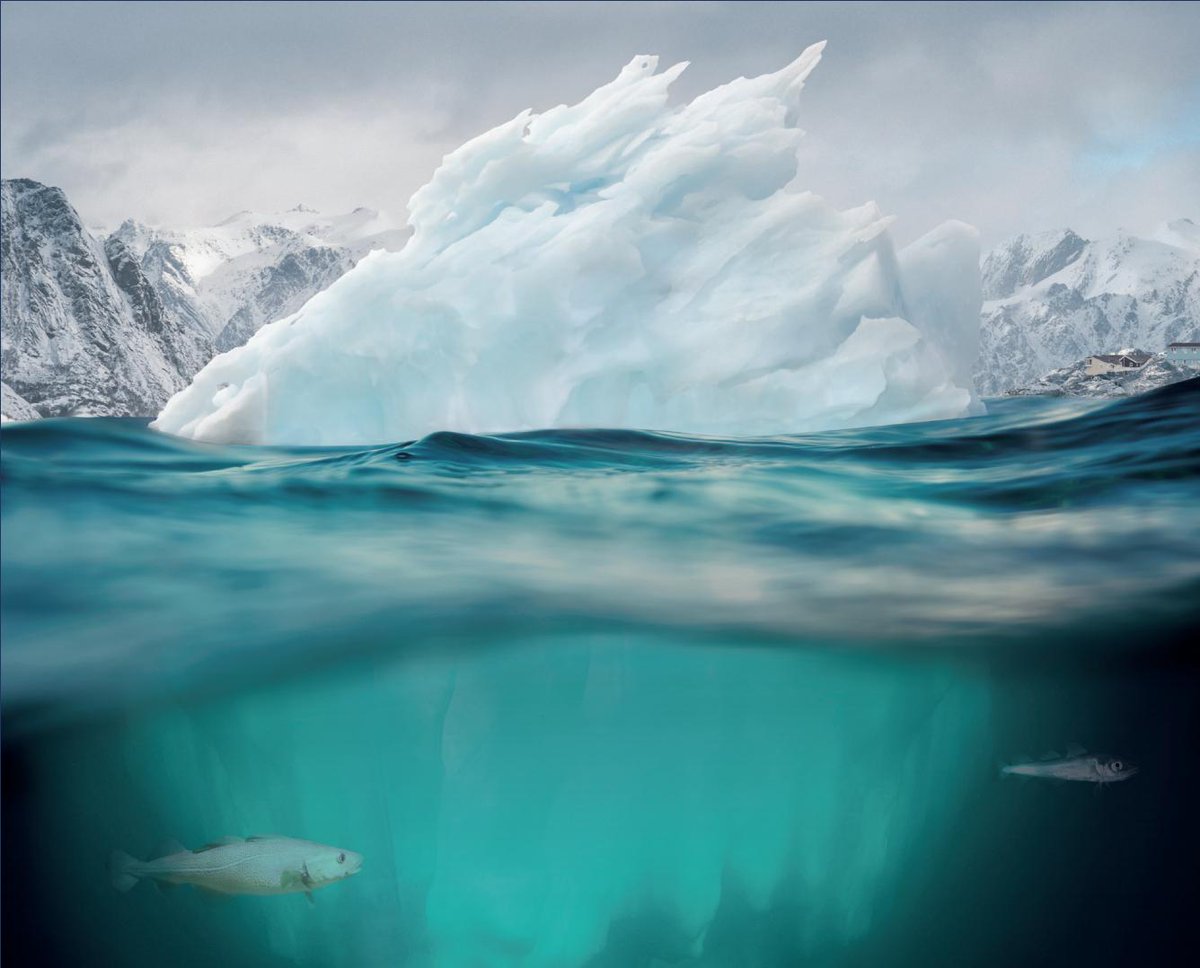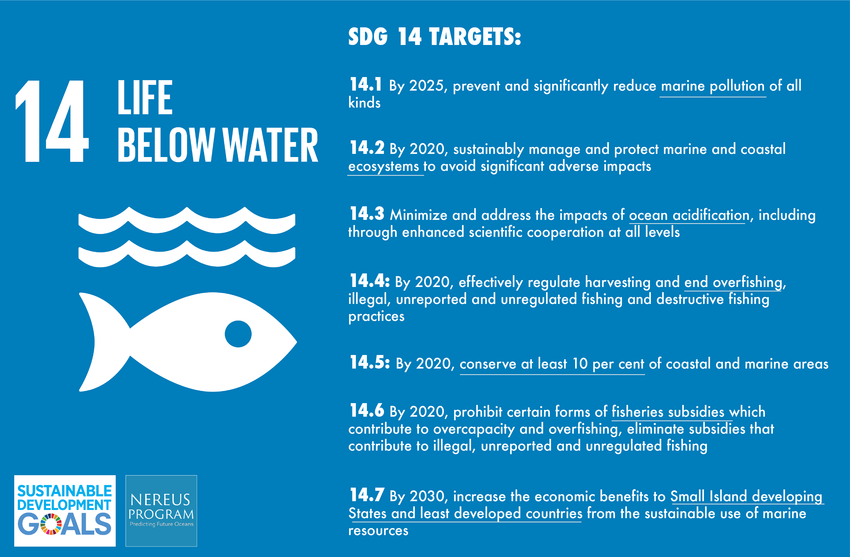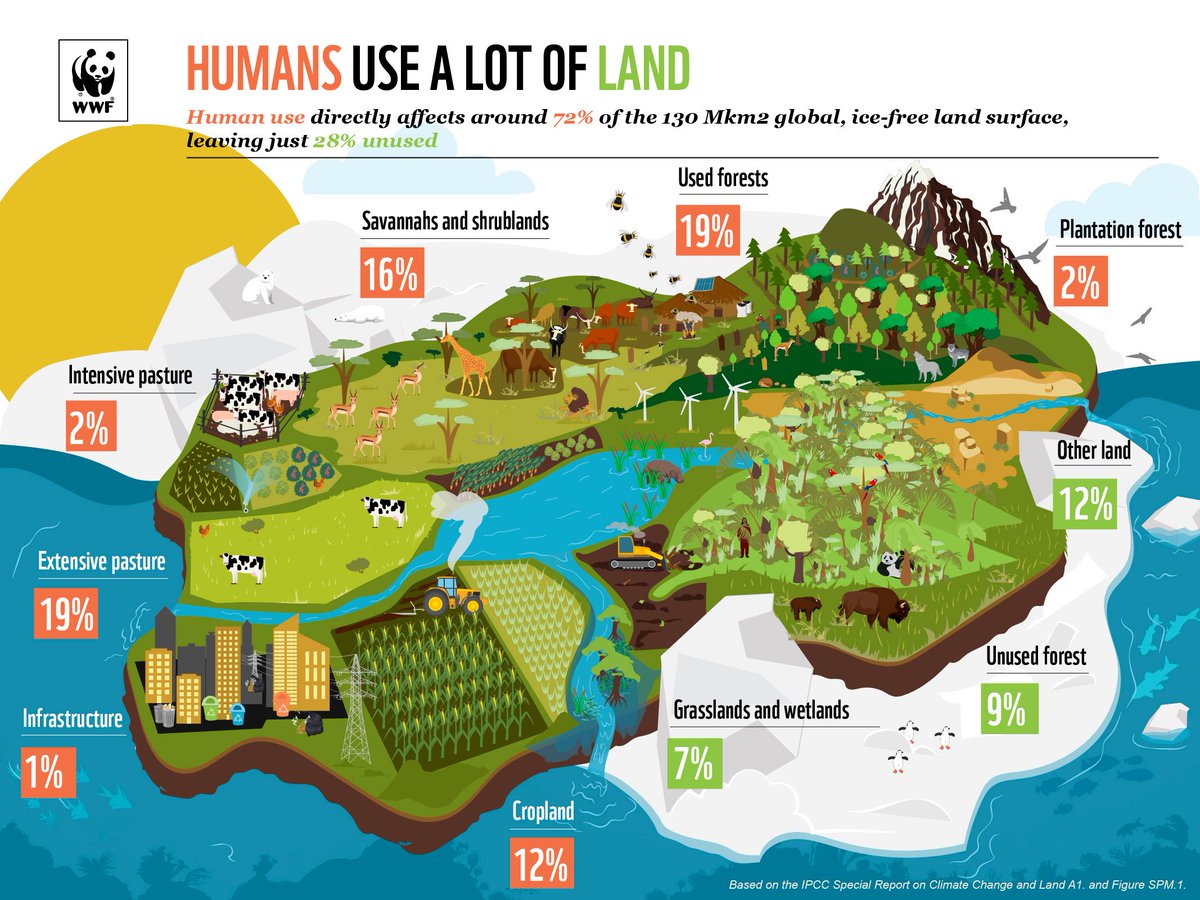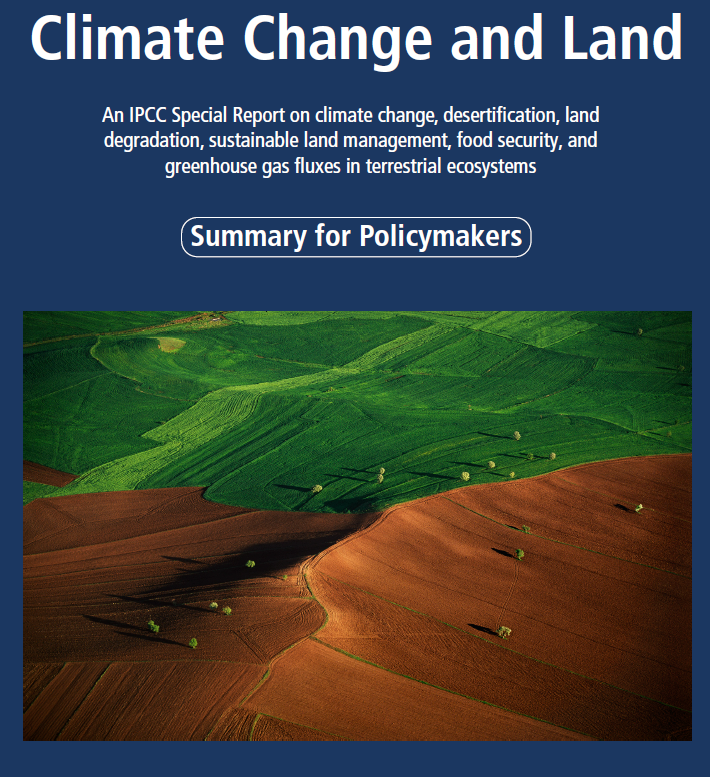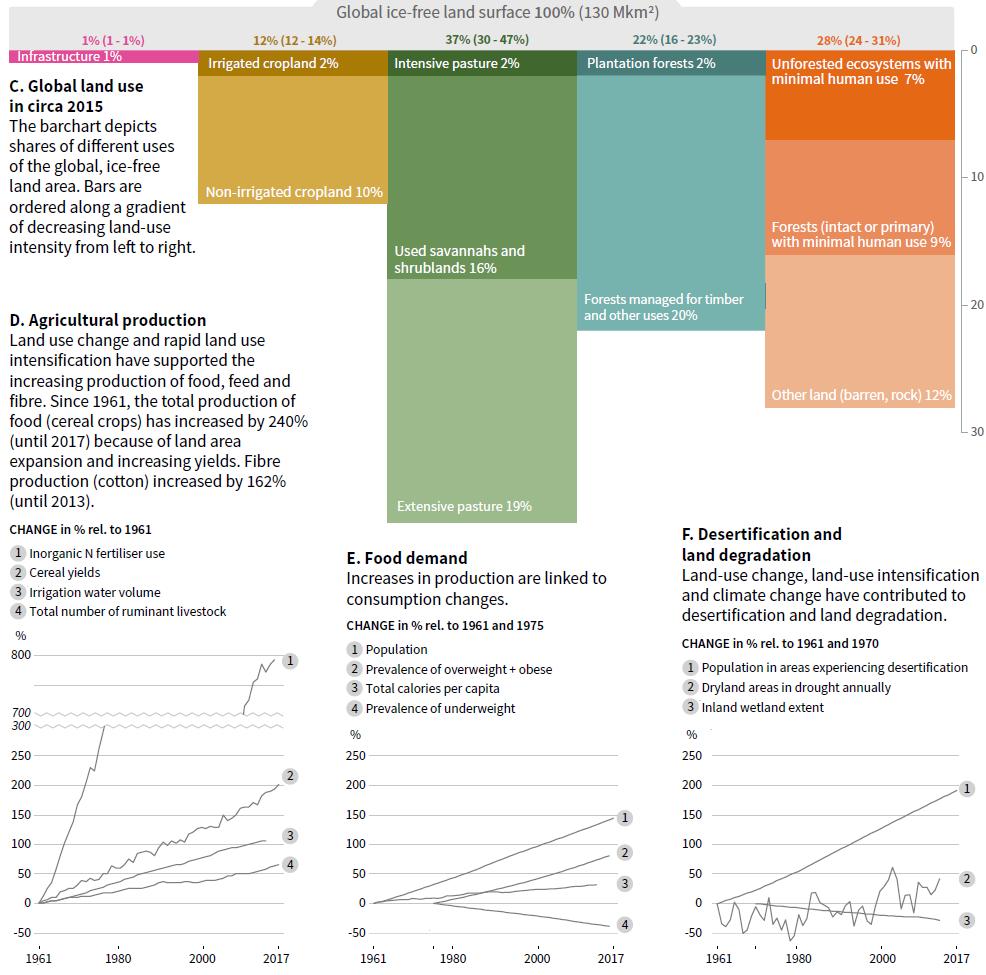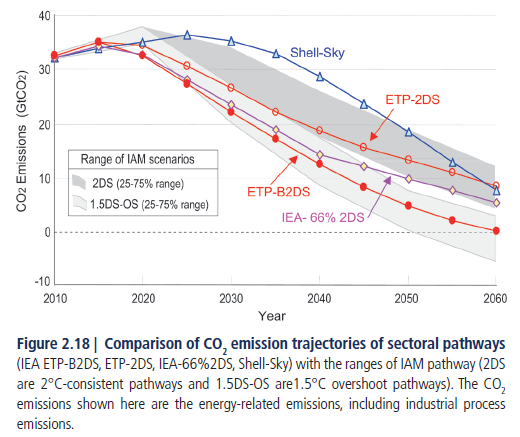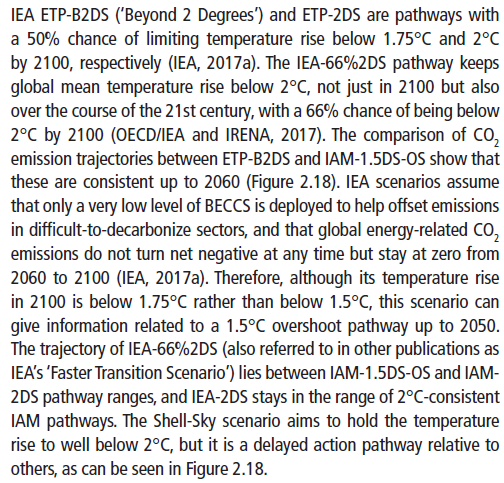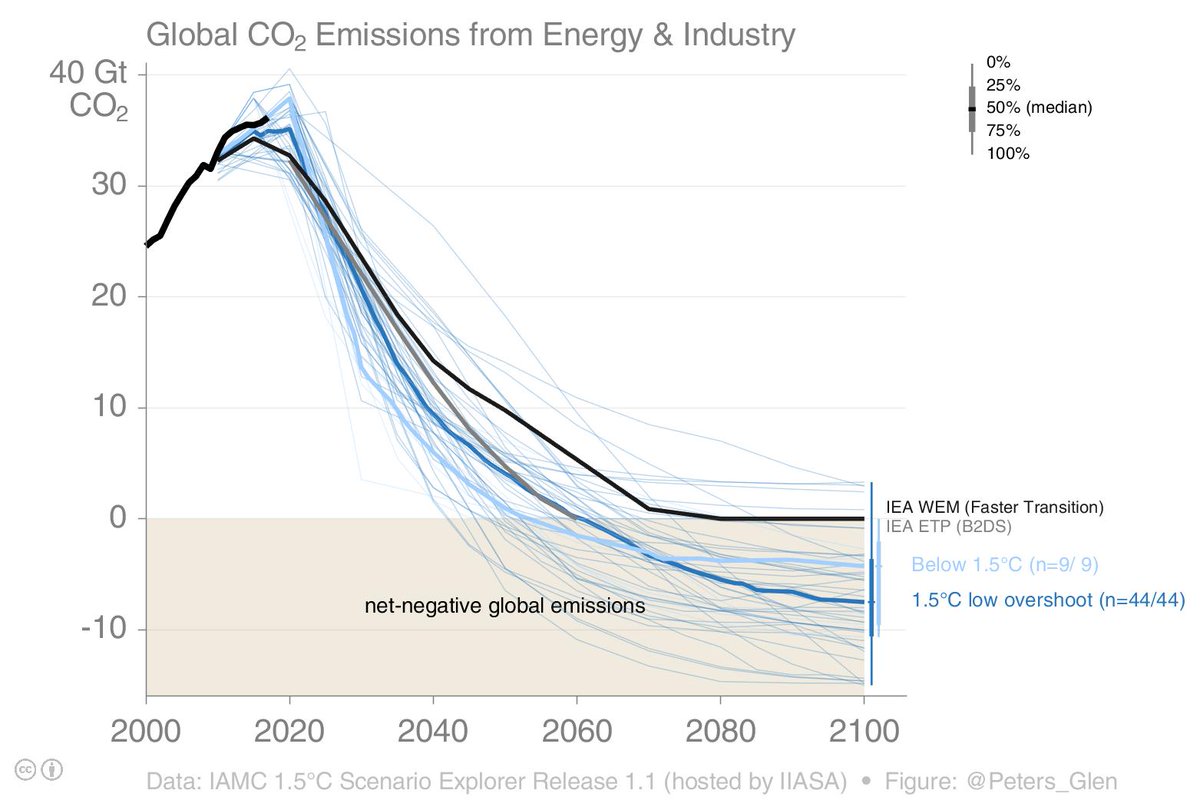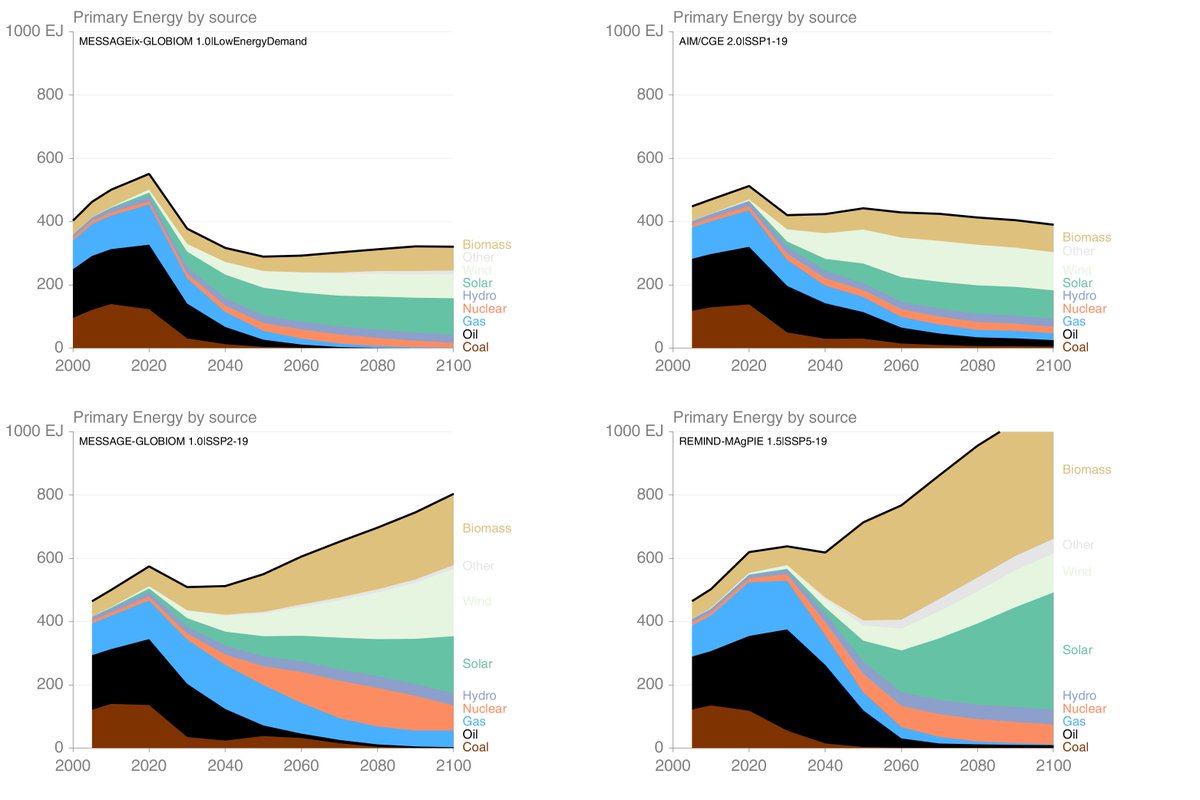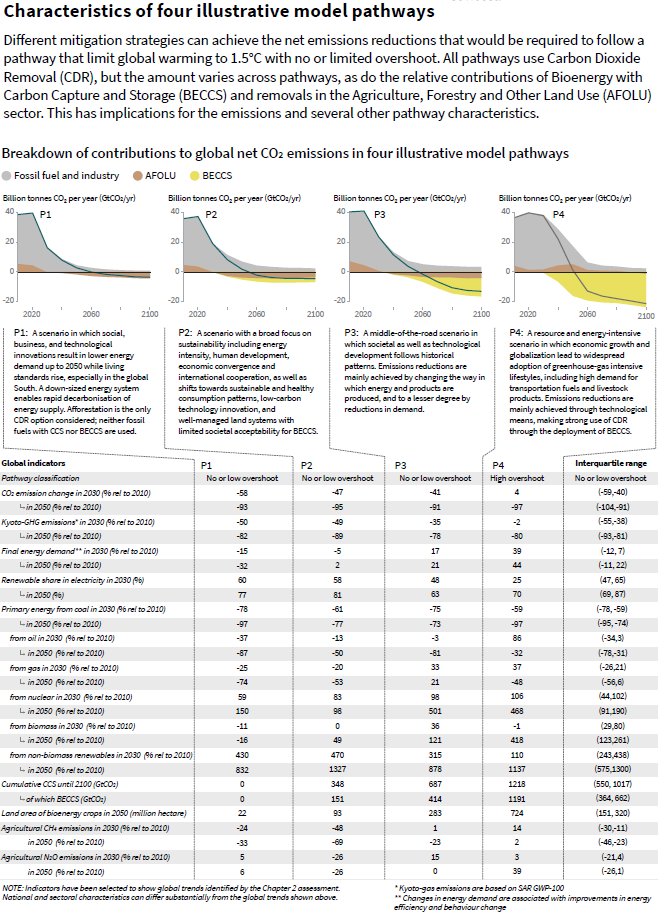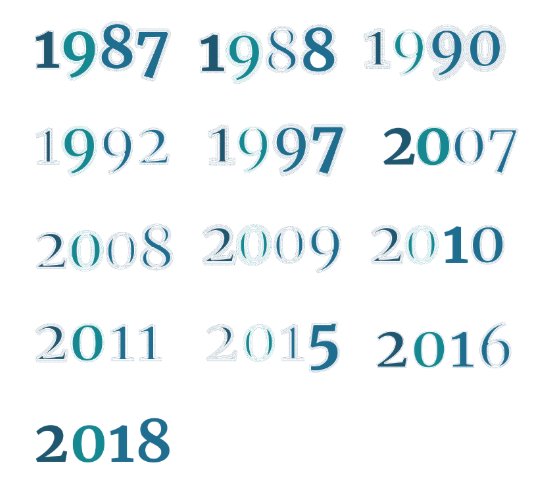- The @IPCC report on Climate Change and Land
- The @IPBES Global Assessment Report on Biodiversity
report.ipcc.ch/srocc/pdf/SROC…
ipbes.net/global-assessm…
ipcc.ch/report/srccl/
en.wikipedia.org/wiki/2018_Swed…
bbc.com/news/world-eur…
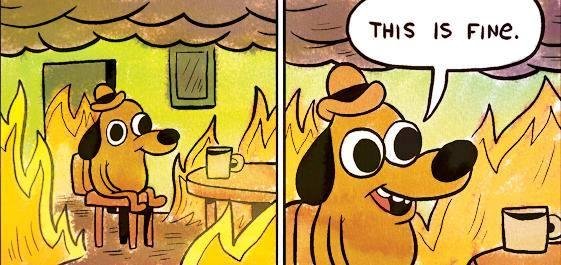
1. Listen to @GretaThunberg:
2. SCREAM. First with existential dread, then at politicians.
3. Strike: globalclimatestrike.net
4. Fly less. Drive less.
5. Eat more plants.
6. Make less humans.
bbc.com/future/story/2…
Uplifting news and views written by young ocean leaders: LittleBlueLetter.com
The ocean in a spreadsheet: docs.google.com/spreadsheets/d…
